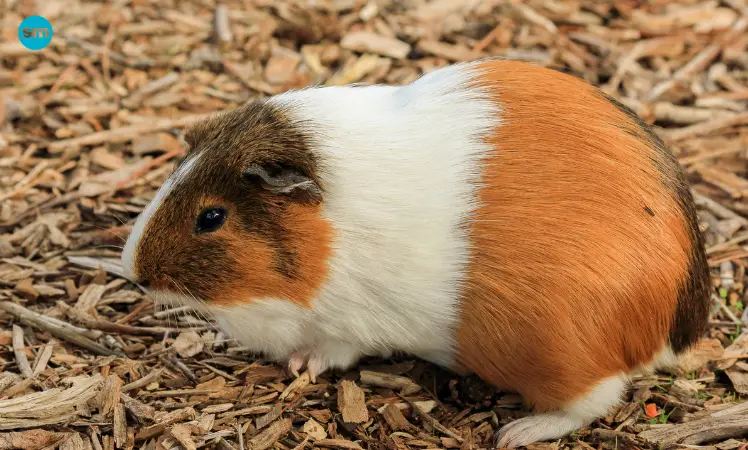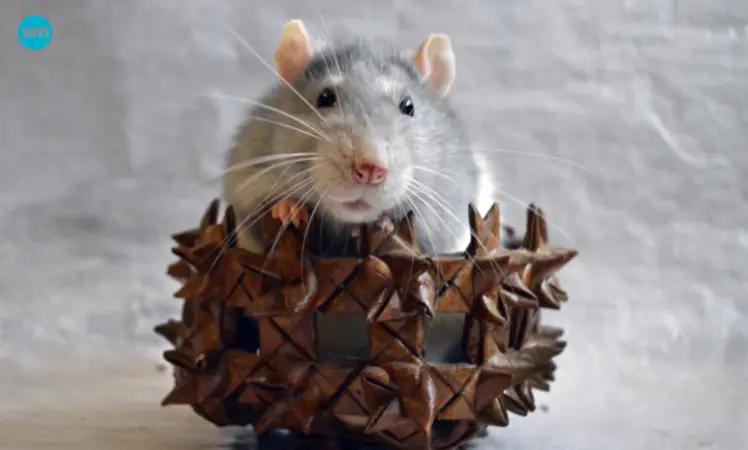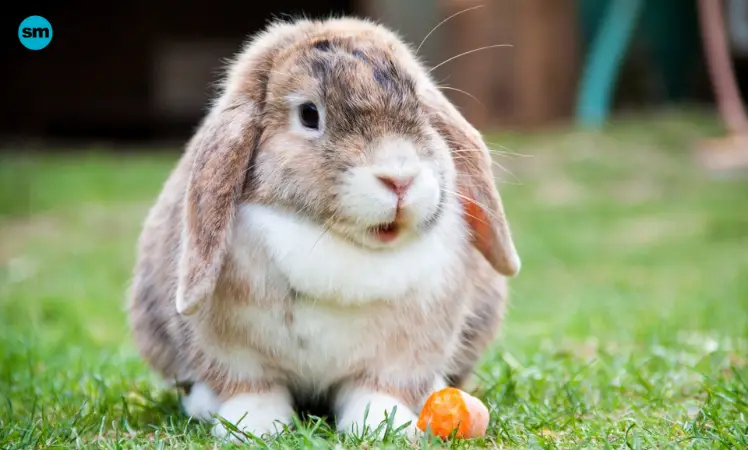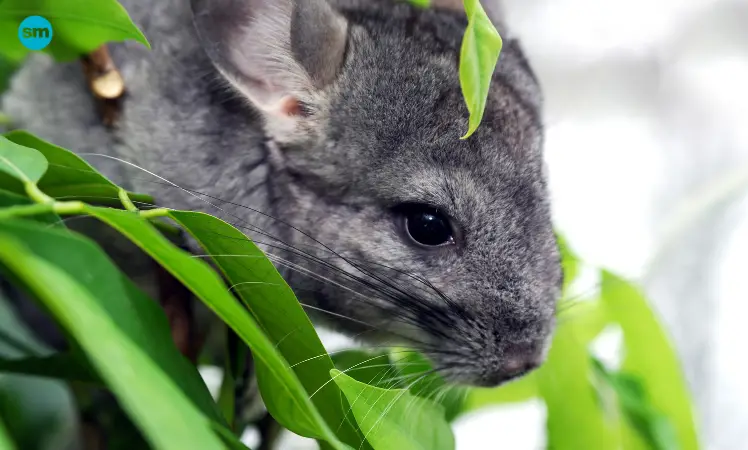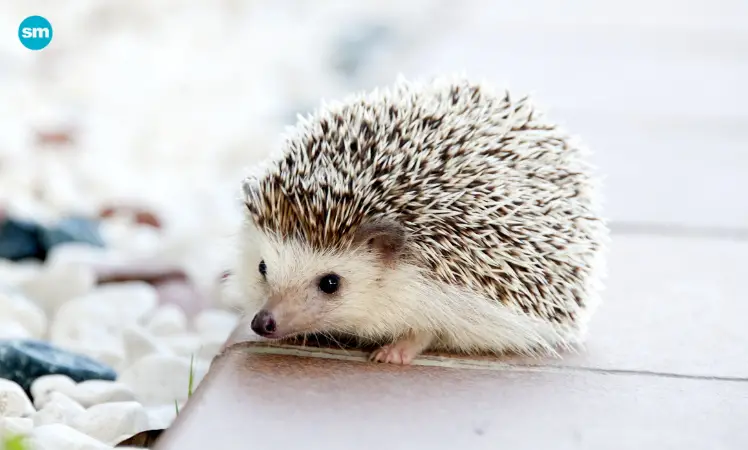Last Updated on August 31, 2023 by Lori Pace
It can be easy to forget that pets other than cats and dogs may be an option when you are looking to add a pet member to your family. Compact pets are just as cute and require less attention. They can also be easier to take care of and more affordable. Small pets are a good choice for kids older than 5, and teaching responsibility to them is a key lesson. These pets can also play a role in helping your children’s mental health.
You should research whether a small pet is right for you and your family before having one for your kids. Although hamsters are very popular, guinea-pigs and hamsters are quite different in their needs and interactions with humans.
Hamsters Can Be Great Small Pets for Kids
This small, classic pet is easy to take care of and can be trained to use litter. However, hamsters can be very nippy and small breeds (and especially females) can be aggressive. Some hamsters are more difficult to handle than others. It’s best to bring home a larger breed such as a Syrian Hamster. They may be more adaptable to your family’s needs.
Hamsters should be kept in large cages with nesting and tunneling areas. You can expect them to be around for three years. Think about how much they will love being with you. Those years can seem very long if they lose interest. The experience of losing a pet can be very upsetting for children who have not experienced it. However, it can also teach them valuable lessons. While it can be difficult, it can also serve as a way to teach the concept of everything dying. You can be there for your child as he or she goes through this experience.
Another Choice of Small Pets for Kids is Guinea Pigs
Guinea pigs belong to the same rodent family of hamsters but their personalities are quite different. These rodents are sweet and gentle, making them less likely to bite. Guinea pigs are very social and will not mind being touched, as long as they are properly cared for. Young children can also interact with them. If you are looking for a single pet, it is worth considering other options. Guinea pigs, being social creatures, prefer to be kept in small groups or pairs.
Because they are so cuddly, young children will be able to care for them easily. Guinea pigs live for five to seven years longer than hamsters, and require more effort and time. They are very hungry and can eat a lot of vegetables and hay, making them more messy than other small mammals. You might need to clean their cages more often.
How About Gerbils?
Gerbils are great for children who don’t want or need to be involved. They live for about two years, which is less than guinea and hamsters. Gerbils can be fed a standard diet that is similar to rats and hamsters, which includes rodent pellets and food blocks as well as some supplementary seed mixes.
Gerbils don’t usually act aggressively so they can be held. However, they are fast so it will not be easy to hold them for too long. Your child may be interested in their activity because they are quick. Gerbils are more sensitive than other small animals to their environment. Too much humidity can cause respiratory and fur problems. Consult a veterinarian if you think your environment may be too humid.
Rats as Pets, Don’t You Think They Can Be For Kids?
Although a rat may not be your first choice for a small pet, Rats are calm and laid back, not as nippy or irritable as other small mammals. They can also be handled well. If you want your child and their pet to bond, rat companions are a great choice. They’re playful and can learn tricks like retrieving objects, navigating mazes, and even navigating obstacles.
Rats love to interact with people and other things so providing them with a variety of toys and accessories will keep them entertained and happy. Rats require a basic rodent diet consisting of food blocks. They are easy to care for. Like gerbils and rats, their lifespan is only two to three years.
As Expected of The Cutest Small Pets: Rabbits for Kids
These popular small pets can be considered for children as long as they are supervised by an adult. It is important that your rabbits are properly cared for and handled. Rabbits are similar to guinea-pigs in that they have a friendly nature, which can be a good thing for younger children. However, they can be fragile.
Although larger breeds can be gentler, it’s best that all rabbits should be spayed/neutered to avoid aggression and to prevent uterine cancer in the females. This is particularly important if you have more than one rabbit at a time.
A rabbit can live up to 12 years. Although they can be trained to use litter, they can be difficult to care for. Rabbits need a lot of space and attention. Remember that rabbits need a healthy diet. This includes fresh vegetables, grass hay, and rabbit pellets.
Chinchillas
Chinchillas can be a great option for children who prefer to interact with their pet than watch it. They are gentle but can be agile and quick so they might not be suitable for children younger than 5 years old. They require a diet that includes hay and chinchilla pellets, along with vegetables.
Chinchillas should have a dust bath, not a water bath like their small-pet cousins. To make chinchilla powder (which is specially formulated to replicate the natural environment of chinchillas), you will need to purchase it and put it in a bowl or deep dish. You can also buy a dust house. A chinchilla requires a dust bath twice to three times per week. The cage should have multiple levels so that it can climb up and fall. Chinchillas live for around 12-15 years and are more likely to survive than other rodents, such as guinea-pigs.
Hedgehogs, Be Careful For Kids to Handle as Small Pets
Although these spiny mammals are not ideal for pets, they make cute and friendly pets. They can live up to five to seven years. Hedgehogs can be socialized with children if they are kept young. You might end up spending more on hedgehogs.
They need more attention and are more susceptible to health problems than other small pets. They are more likely to get oral cancer or mites and have a higher rate of disease, so vet bills might be higher.
Hedgehogs are an omnivore, which means they need a special diet that includes vegetables and protein. Although cat food may sometimes meet this requirement, you should always consult your vet. You should check the laws in your area if you are considering getting a hedgehog for your pet. It is illegal to have these small mammals in certain areas.


